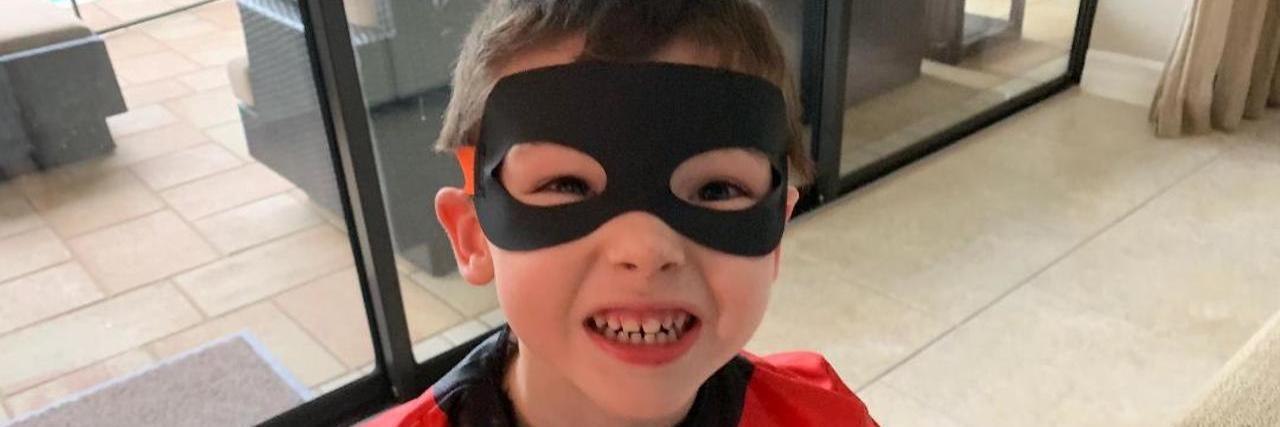It’s 7:30 a.m. I am slowly drifting out of a dream.
“Have you seen a boat? A boat, I saw a boat it passed by here not too long ago. Quick, follow me!”
The chatter goes on for a while. I open my eyes and chuckle. From the monitor, I hear my son reciting lines from “Finding Nemo.” I smile as I listen a few minutes before crawling out of bed to get him up and ready for the day.
My son is 4 years old. He has ADHD and autism spectrum disorder. Two years ago he was mostly nonverbal. Sign language was his major form of communication and his play was rigid and non-inclusive. Fast forward to now and I have a completely different child. Years of speech therapy, occupational therapy, ABA therapy and quite honestly a lot of animated movies and shows has helped him build a vast bank of memorized speech that he loves to recite on a loop!
While back and forth conversational speech is still a lagging skill for him, verbally he has grown by leaps and bounds. The major bulk of his speech is scripting, which is memorizing and reciting chunks of movies and TV shows. But scripting for my son is more than just memorizing what characters say, he memorizes every movement and facial expression, too. Now his play isn’t isolated, he’ll pull my husband and I into his world. First he is Nemo and Mom is Dory and Dad is Bruce the Shark. He puts us in the spot he wants us to stand, tells us what to say (because even though we’ve always seen the movie 1,000 times we certainly don’t have it memorized) then he switches all the roles. It’s as if he is auditioning us for which character we fit best.
A lot of doctors, therapists and parents attempt to break this scripting cycle in hopes of helping children with autism learn to play more creatively, more socially, and to help their verbal skills become more communicative. And while I do hope he improves in those areas, I think those should be addressed outside of his scripting and here are some reasons why:
- Scripting has helped build his memory.
- Scripting has helped increase his vocabulary.
- Scripting has helped him learn to play cooperatively.
- Scripting has helped him learn to produce speech articulately.
- Scripting has helped him learn sentence structure and semantics.
- Scripting gives him chunks of verbal routines to pull from when he doesn’t know what to say.
- Scripting is something he enjoys!
So while I am hopeful one day most of his speech comes from his own ability to creatively string words together, for now I am happy to listen to him script away!

